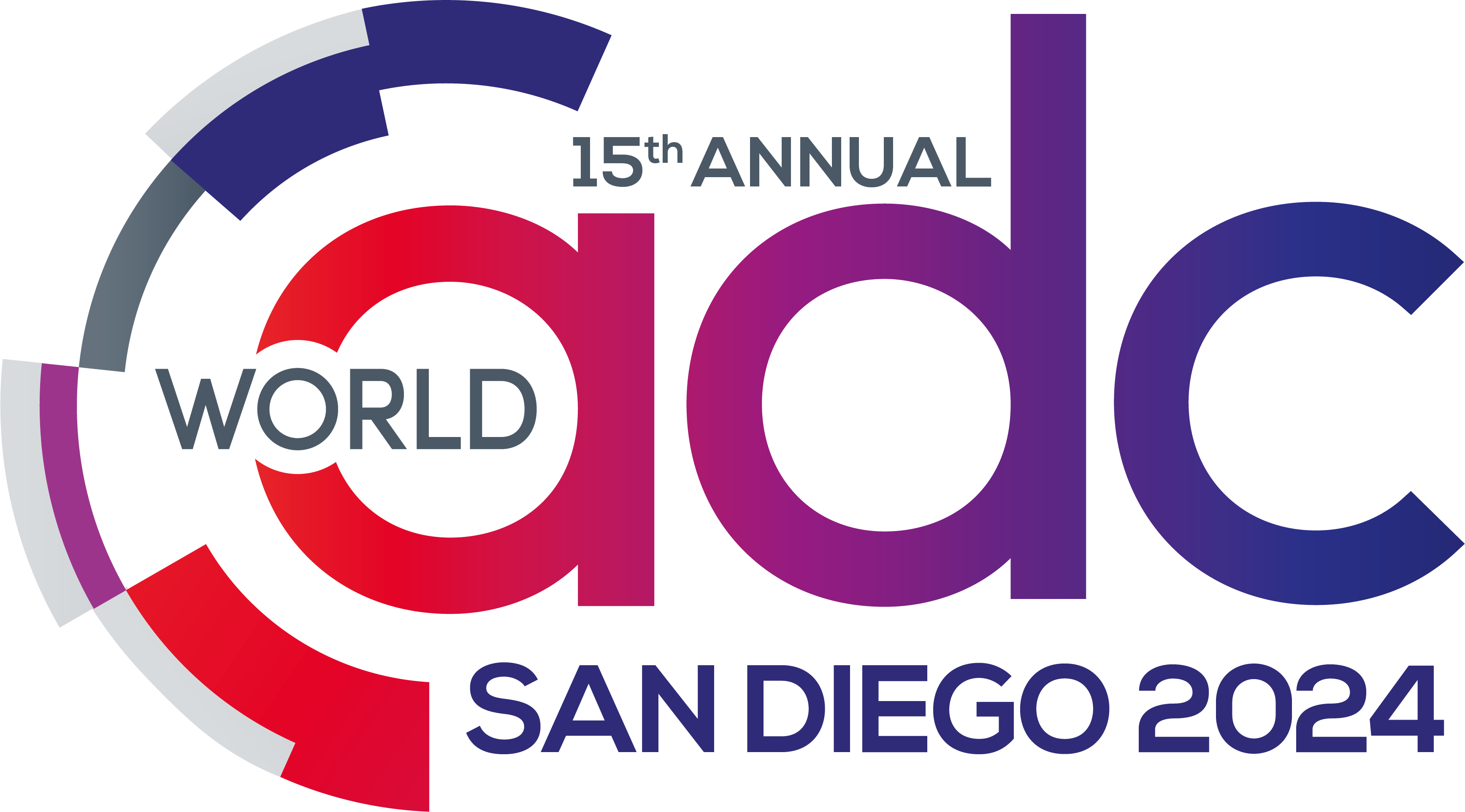PRE-CONFERENCE SEMINAR DAY
Monday | November 4, 2024
8:30 am Check In, Morning Coffee & Refreshments
2nd Novel Targeting Moiety & Payloads Day
Chair: James Palacino, Head of Research, Orum Therapeutics
ADC design innovation continues to thrive, with more “XDC” conjugates showcasing nontraditional payloads and next generation targeting moieties expanding the applications of ADCs in oncology and beyond. Attend this seminar to stay on top of cutting-edge DAC, dual payload and high DAR ADC, and small molecule drug conjugate development and more
Download the Full Event Guide for full details
09.30 am Exploring a Novel Antibody-Degrader Conjugate Against Small Cell Lung Cancery
James Palacino, Head, Research, Orum Therapeutics
10.00 am Showcasing Ongoing Development of a Degrader Antibody Conjugate
Jeffery Liu, Chief Scientific Officer & President of Global R&D, Huadong Medicine
10.30 am Session Presented By CATENABIO
11.00 am Morning Break & Networking
11.30 am Exploring Development of Dual Payload Conjugates & Innovation in High-DAR ADCs
Daniel Calarese, Director, Innovation & Strategy, Sutro Biopharma
12.00 pm Session Presented By Immunwork
12.30 pm Lunch & Networking
2.00 pm Showcasing Development of a Novel Small Molecule Dual Payload Drug Conjugate Targeting PSMA
Labros Meimetis, Research Assistant Professor, Department of Radiology, University of Wisconsin School of Medicine & Public Health
2.30 pm Session Presented By CHO Pharma
3:00 pm Afternoon Break & Networking
3:30 pm Panel Session: Diversity & Inclusion in Oncology & ADC Clinical Trials
Synopsis
Ensuring diversity, inclusion, and a patient centric approach in clinical trials is crucial to encompass the broad range of lived experiences and diverse populations so that all patients can benefit from the fast-paced advances and innovations in ADC therapies. Attend this brand-new session led by oncology and patient advocates to explore the significance and importance of D&I in ADC development, learn from mistakes in the past, understand the patient perspective, and hear successful case studies of implementing patient considerations in clinical trial design and recruitment to ensure your ADC product development is representative to all patient populations.
Register your interest when you sign up to attend the conference, then look out for an email to secure your spot! Highlights include:
- Exploring the current status and opportunities for improvement in D&I throughout ADC product development – what mistakes have been made in the past?
- Hearing case studies and company strategies to address and improve D&I in ADC clinical trials
- Explaining the clinical trial design and recruitment considerations from the beginning to make ADC products representative of all patient populations
- Breaking down takeaways of lived experience and incorporating learnings to help design ADC clinical trials
4:30 pm End of Pre-Conference Seminar Day
4:45 pm Evening Ambassador’s Reception
Synopsis
At the end of the pre-conference seminar, this invitation-only, informal evening reception is your perfect opportunity to reunite with old friends and meet new colleagues in the ADC field as the community returns to San Diego. Ahead of the main conference day, grab a drink of your choosing and network with the other attendees to strengthen and establish scientific and business relationships with your fellow innovators in the ADC field.
